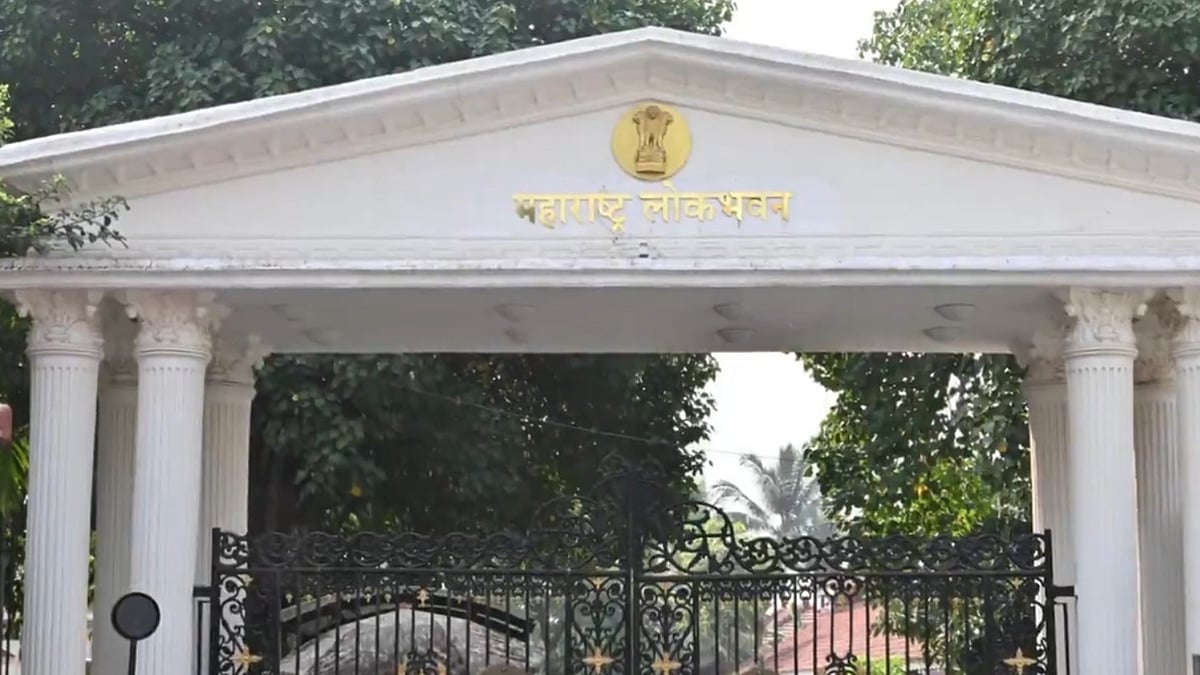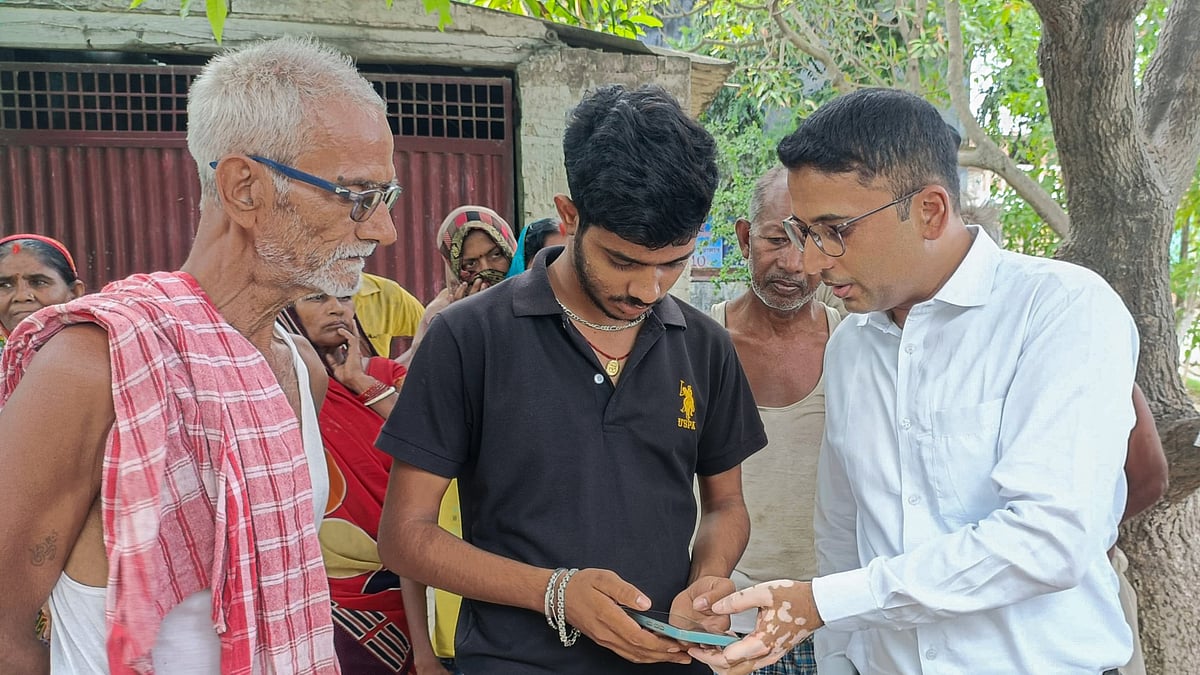On July 3, the world broke a record it rather not have. It experienced the hottest day ever recorded with an average global temperature of 17.01C. A full 3 degrees over the average global temperature recorded at the turn of the 20th century. Is it cause to panic? Absolutely. As far as we know there is only one planet in the neighbourhood that is teeming with life. There is no planet B, and we are making this world fairly uninhabitable.
There have been heatwaves, floods, and droughts – all in the space of a few months, and often in neighbouring areas. India, China, Middle East, southern parts of the US, northern parts of Africa – no one seemed to be able to escape the extreme temperatures brought about by irresponsible human behaviour. Even Antarctica, during winter, recorded unusually high temperatures, leading to accelerated melting of glaciers.
Each day when you open the papers, or catch news online, you find a set of climate disasters. And, at a very basic level it seems like all those disasters merge into a terrifying prospect for humanity. Climate change is not in some distant future, it is already here – while governments, corporations, and powerful climate change deniers are complicit in the destruction of forests and mountains in the name of development. And the rest of humanity, that is too burdened by the pains of every day life, have their collective heads buried in the sand. And this combination is bad news for future generations that will inherit an uninhabitable world.
Right now we see the fury of the rivers in Himachal. The anger of the landslides in Uttarakhand. And there is the Yamuna breaking her banks in Delhi. If we blast mountains, and cut down trees, and expect nature to stick to man made boundaries, maybe the problem is with the way we think.
India is one of the country’s most vulnerable to the effects of climate change. We are already experiencing the impact – our summers are hotter. Our winters are colder. Our monsoons either are a disaster by their absence, or by an excess of rains. And with 1.4 billion people packed together in land that is a third the size of the USA – and India has 4.3 times more people than the USA – the fury of nature is bound to impact hundreds of thousands of people.
But, this is not a India specific story. Though we notice it more here, because we live here. The sad part is that it is every where, and there is no safe place for any of us. It is a worldwide thing. The Americans are having collective breakdowns at the rising temperature on land, the boiling oceans on the coast. In their warmest states temperatures have held steady at over 43 degrees Celsius for the last few weeks. Fungi have mutated from being safe for humans, to being deadly for us. It is estimated that about 7000 people in the USA died of fungal infection in 2021. The spectre of murderous fungi chasing human beings to infect us and turn us into zombies doesn’t seem like a farfetched Hollywood scriptwriter’s fantasy that comes out of imbibing magic fungi any more. It is all too real.
In Canada, they are seeing the worst forest fires ever. And this is choking not just Canadians, but also the Americans who live right next door. North Africa is reeling under temperatures approaching 50 degrees. And the desert kingdom of Saudi Arabia saw one of the worst heat waves ever, with hundreds of pilgrims undertaking the Haj getting impacted.
Considering the devastating consequences of climate change that we are witnessing across the globe, it is a matter of life and death that immediate action is taken to address the root causes of these disasters. One crucial step towards mitigating climate change is implementing a moratorium on cutting down forests and blasting mountains.
Forests play a vital role in maintaining the delicate balance of our planet's ecosystem. They act as natural carbon sinks, absorbing carbon dioxide from the atmosphere and helping to regulate the climate. In addition to providing habitats for countless species, promoting biodiversity, and supporting the livelihoods of many communities around the world, forests also prevent floods.
The roots of trees absorb water and stabilise soil. The dense canopy and undergrowth intercept rain, minimising its impact on the ground and allowing gradual absorption. Riparian forests along riverbanks play a crucial role in stabilising river channels and preventing erosion. By preserving forests, we can maintain natural water reservoirs, regulate water flow, and mitigate the risk of devastating floods.
Equally important is halting the destructive practice of blasting mountains for various purposes, such as mining, construction, or infrastructure development. Entire ranges of mountains are disappearing along with the ecosystems that exist there, unable to counter the greed of profiteers. Destroying these ecosystems through mountain blasting not only leads to habitat destruction but also contributes to soil erosion, landslides, and altered water systems. Preserving mountains is crucial for maintaining natural water reservoirs, regulating water flow, and preventing downstream flooding. It also ensures the continuity of traditional livelihoods and cultural practices of mountain communities.
It is time for humanity to recognise the urgency of the climate crisis and take collective responsibility for safeguarding our planet. By imposing a moratorium on deforestation and mountain blasting, we can move towards a more sustainable and resilient future for all. The preservation of our forests and mountains is not only crucial for the well-being of current generations but also for the survival and prosperity of future ones.
The writer works at the intersection of digital content, technology, and audiences. She is a writer, columnist, visiting faculty, and filmmaker












